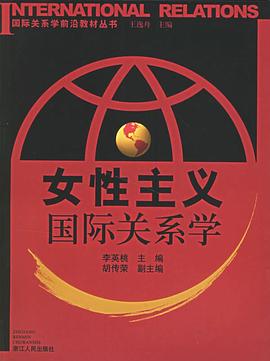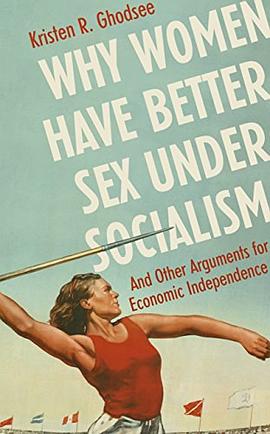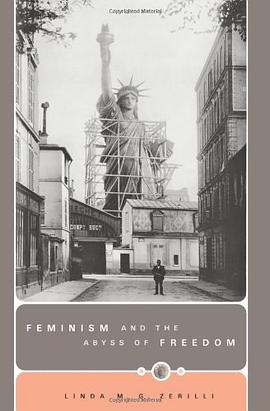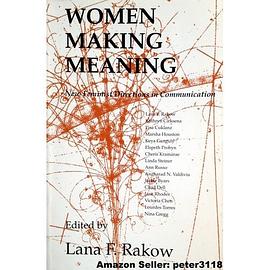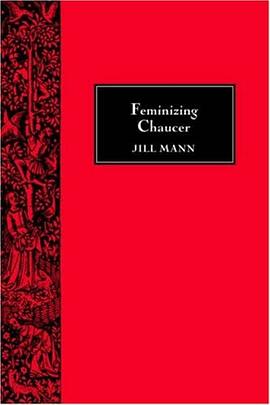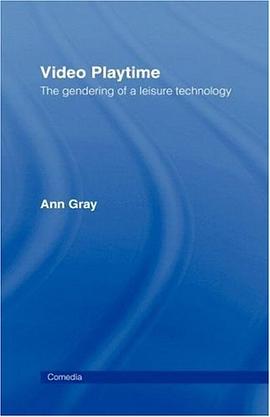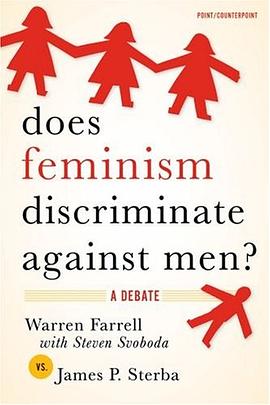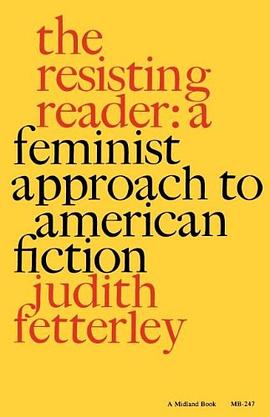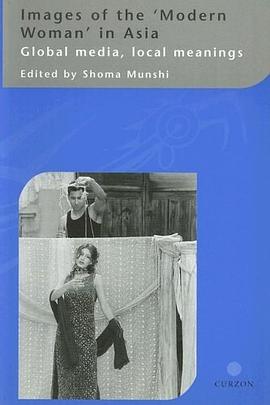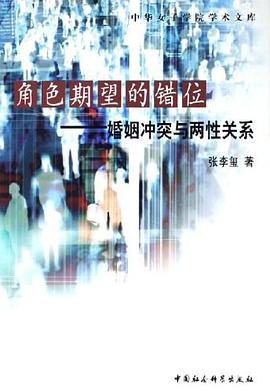

It has been argued that the discourses of western culture are thoroughly masculinist and offer no place for women. Women's only alternative are to speak in a masculine voice, construct a new language, or be silent. Foucault's highly influential analyses of power and knowledge would therefore be irrelevant for the women's movement, and use of his discourse might even undermine feminism as an emancipatory project. In this book Jane Sawicki argues that a Foucaldian feminism is possible. She rejects the view that the power of the phallocentric is total. Instead, like Foucault, she sees discourse as ambiguous, a source of conflict. Women can adapt language to their own ends. They may not have total control over it but neither do men. Sawicki argues that Foucault offers insightful hypotheses about how to uncover power relations normally overlooked in social and political theory. Emphasising Foucault's later works she fleshes out his undeveloped remarks about resistance in order to show how his discourse can be used to support specific liberatory struggles, namely those for sexual and reproductive freedom. At the same time she develops constructive critiques of certain tendencies in current feminist analyses that threaten to suppress differences among women. She looks at mothering theory and asks in a geneological vein: When did the idea of the mother as an emotional nurturer emerge? When did the idea of women's status as reproducer prevail? A Foucauldian, she argues, must beware of the normalizing features of mothering theory itself. Does it unwittingly reinforce heterosexist norms?
具體描述
讀後感
評分
評分
評分
評分
用戶評價
相關圖書
本站所有內容均為互聯網搜索引擎提供的公開搜索信息,本站不存儲任何數據與內容,任何內容與數據均與本站無關,如有需要請聯繫相關搜索引擎包括但不限於百度,google,bing,sogou 等
© 2025 qciss.net All Rights Reserved. 小哈圖書下載中心 版权所有



